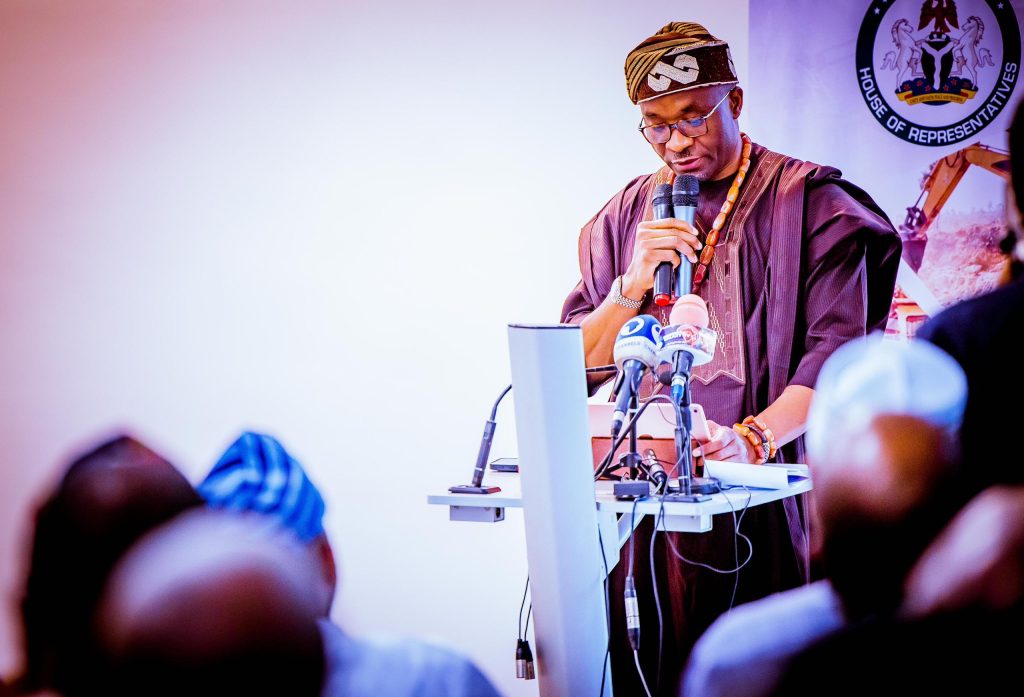The House of Representatives Committee on Solid Minerals in Nigeria is suggesting a 5% allocation of all minerals’ revenue to host communities.
During a Public Policy Dialogue in Abuja, Committee Chairman Hon. Jonathan Gaza discussed the proposed “Nigerian Minerals and Mining Act (Amendment) Bill,” sponsored by Hon. Benjamin Kalu and Hon. Jonathan Gbefwi. The bill aims to assist states and the federal government in formalising strategies to maximise benefits in the mining sector.
“The primary bill repeals and re-enacts the principal Nigeria Minerals and Mining Act 2007 by reworking a structure based on the priority areas. Security is one of the key factors to the stalemate of the solid minerals sector.
“Establishing mines inspection and environmental agency provides improved deeper oversight of mining activities. The agency will have offices in every state to assist with reporting and oversight. We further identified one of the lapses in security is lack of coordination between the federal and state governments,” he stated.
Gaza further revealed that the bill will close the crack between the federal and state governments to allow the Mineral Resources and Environmental Management Committee (MIREMCO) to effectively do its oversight functions.
“To close the gap between federal and state governments, the bill further empowers MIREMCO to enable effective and joint oversight of the sector. It is clear that MIREMCO is poorly funded and lacks the resources it needs to support its activities.
“The bill hopes to use MIREMCO as the facilitating tool for the government to work with state governments to secure their needs to ensure formalisation of the sector.
“Community development and the environment are really prioritised in the bill. The Petroleum Industry Act (PIA) sets aside 3 per cent of their annual operational expenditure to host communities.
“In the bill, we have set aside 5 per cent of the revenue of all minerals mined to the host communities, and this is due to informality of the sector. We believe that it can be reviewed and improved through this programme.
“We also incorporated more efficient policies to enforce the environmental remediation fund to ensure that host communities are not left with deplorable sites and that the environment is adequately protected and restored after mining activities,” he added.
While declaring the public policy dialogue event open, the Deputy Speaker of the House of Representatives, Kalu stated that insecurity, inadequate infrastructure, and lack of skilled labour had continued to act as hinderance hampering the growth of Nigeria’s mining sector.
The parliamentarian said, the nation’s vast mineral resources remained largely unexploited and is mostly overshadowed by our reliance on petroleum.

